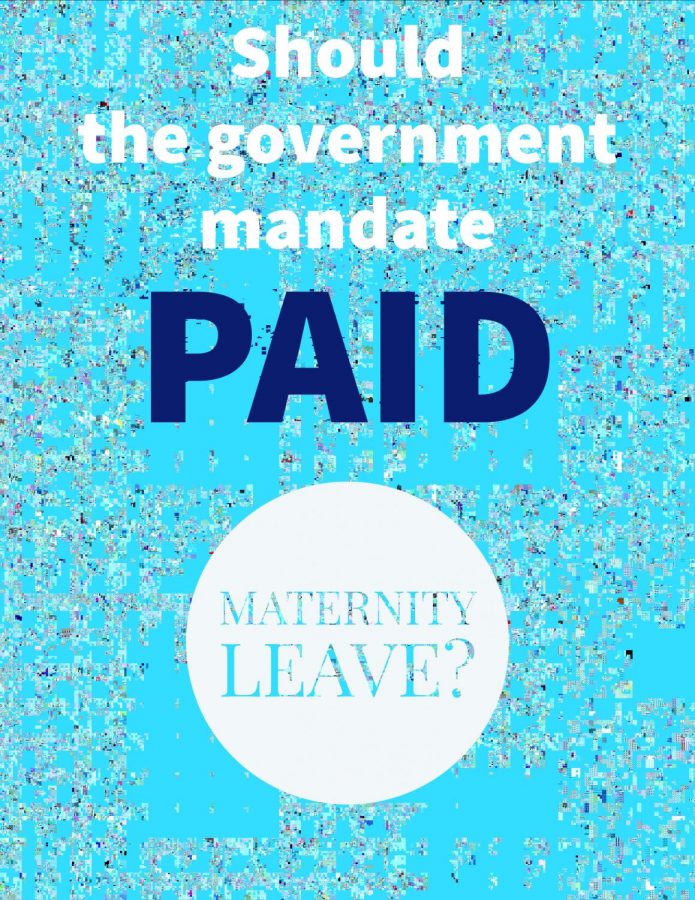Why Limit Mothers?
December 17, 2019
In the last couple of years, there have been thousands of mothers who have lost their ability to mother their young children in the most valuable years of parenting because of a paycheck. In the first three years of their lives, children will take their first steps, say their first words, and hundreds of other treasures. However, most companies in the U.S. do not allow parents to stay home with their child and receive a paycheck.
Maternity leave is a period of absence from work granted to a mother before and after the birth of her child. The FMLA (Family and Medical Leave Act of 1993) protects the parent’s job while they are taking the leave for 12 weeks. The problem with this act is that it does not require the companies to pay the young parents while they are watching their baby. In fact, it does the opposite. Mrs. Hill, a Freshman English teacher at Green Level, said, “The first time I was on my maternity leave and I had paid the first $1500 and I still had to continue to grade, answer emails, etc. I was angry because I had to be with my baby and my computer.” Mrs. Hill was having to pay to be with her children.
Mr. G, a World History teacher at GL, had a similar experience with his wife when she went on maternity leave. “My wife had to go through that last year. How it worked at this work place was that you could take off as long as you want, but you would only get paid for the amount of time you had saved up. Once that runs out, it runs out.” He added, “The only issue we had was that we had only been teaching for about four years so she only got paid for about half of the time she stayed home.” Most people have children in their younger professional years. Because of this, you have less time saved up to be paid for. How does this make sense?
The funny thing is that the time taken during maternity leave is when most parents need the most money. Business Insider says, “According to the US Department of Agriculture, new parents spend, on average, about $70 a month for baby clothes and diapers and more than $120 a month on baby food and formula.” Since the FMLA only covers 12 unpaid weeks of maternity leave, most companies in the U.S. do not pay.
Many people are suggesting that the U.S. should mandate maternity leave. For example, in Europe, women are able to take off as much time as needed and are still paid. Some European countries also give women the ability to have flexible schedules. Sounds great, right? But there’s a downside. If you take a closer look, many European countries adopting this policy are less likely to hire women and promote them. These policies cause many companies to change their way of evaluating women. According to PragerU, “[the European mandate] encourages companies to assume that women will cost them more and that they’ll be less productive than men.” Don’t you think that this is against everything that the women of the Feminist Movement fought against for gender equality?
Instead, I suggest that we would encourage employers to give paid maternity leave to their employees rather than mandate it. Even though there may be some companies that won’t permit, this solution would allow women to take time off to watch their child and also protect a positive viewpoint of women in the business world. To encourage this result, we could reduce the taxes on companies that allowed paid maternity leave. Companies could be rated by their employees to allow fair tax reductions. This way we remain Capitalistic and protect our businesswomen. Why limit a young professional female who has a whole career ahead of her because of the mothers before her?







